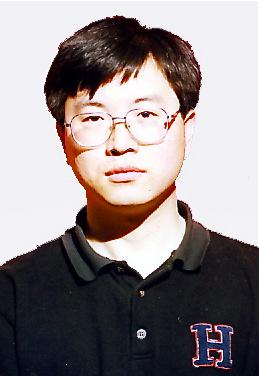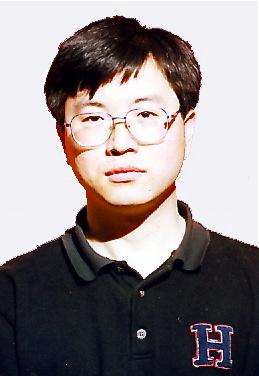A Falun Gong adherent imprisoned in China’s freezing north is feared by family to be close to death, having endured torture and hunger strikes since he was jailed in March 2011, according to a human rights group.
Amnesty International released an Urgent Action on Zhou’s case on Feb. 8, calling on the Chinese authorities to urgently grant Zhou Xiangyang medical parole.
Zhou has been in the Gangbei Prison in Tianjin, near Beijing, since March 5 last year. He previously spent six years in the same prison, from May 2003 to May 2009, when he was released on medical parole. Then, he was imprisoned again for speaking to the public about Falun Gong, according to Amnesty International.
Family members were called by prison officials to visit Zhou in jail recently, and upon seeing him they concluded that he was close to death, according to Amnesty. He asked for about US$30 with which to purchase clothes--family members surmised that this was so he could be properly dressed when he passed away, Amnesty said.
“During the visit, he told his family that the suffering inside the prison was beyond people’s understanding and that he could no longer take the torment,” Amnesty wrote in the release.
“If the prison continues to refuse to release Zhou Xiangyang on medical parole, he is at risk of death,” the Urgent Action said.
Urgent Actions encourage people around the world to send letters to the authorities calling for humane treatment of detained persons. “Although Chinese authorities have become much more resistant to international pressure in recent years, we still see some differences in the way they behave when a particular case is widely known,” said Corinna-Barbara Francis, Amnesty International’s China Researcher, in a telephone interview.
Medical parole has been abused by prison wardens in China, who have discharged detainees that were abused in custody and on the verge of death. Since the individuals die outside of prison, the authorities absolve themselves of responsibility for the deaths. The Falun Dafa Information Center describes that as a “common tactic” in its 2009 Annual Report. Dozens of deaths under such circumstances have been reported annually for the last several years.
Amnesty’s Francis said that: “There appears to be a pattern at least to some extent that the authorities release people for fear of them dying in custody.” She added that: “That certainly would make it all the more urgent to respond to particular cases and highlight the fact that these people were not well in detention.”







